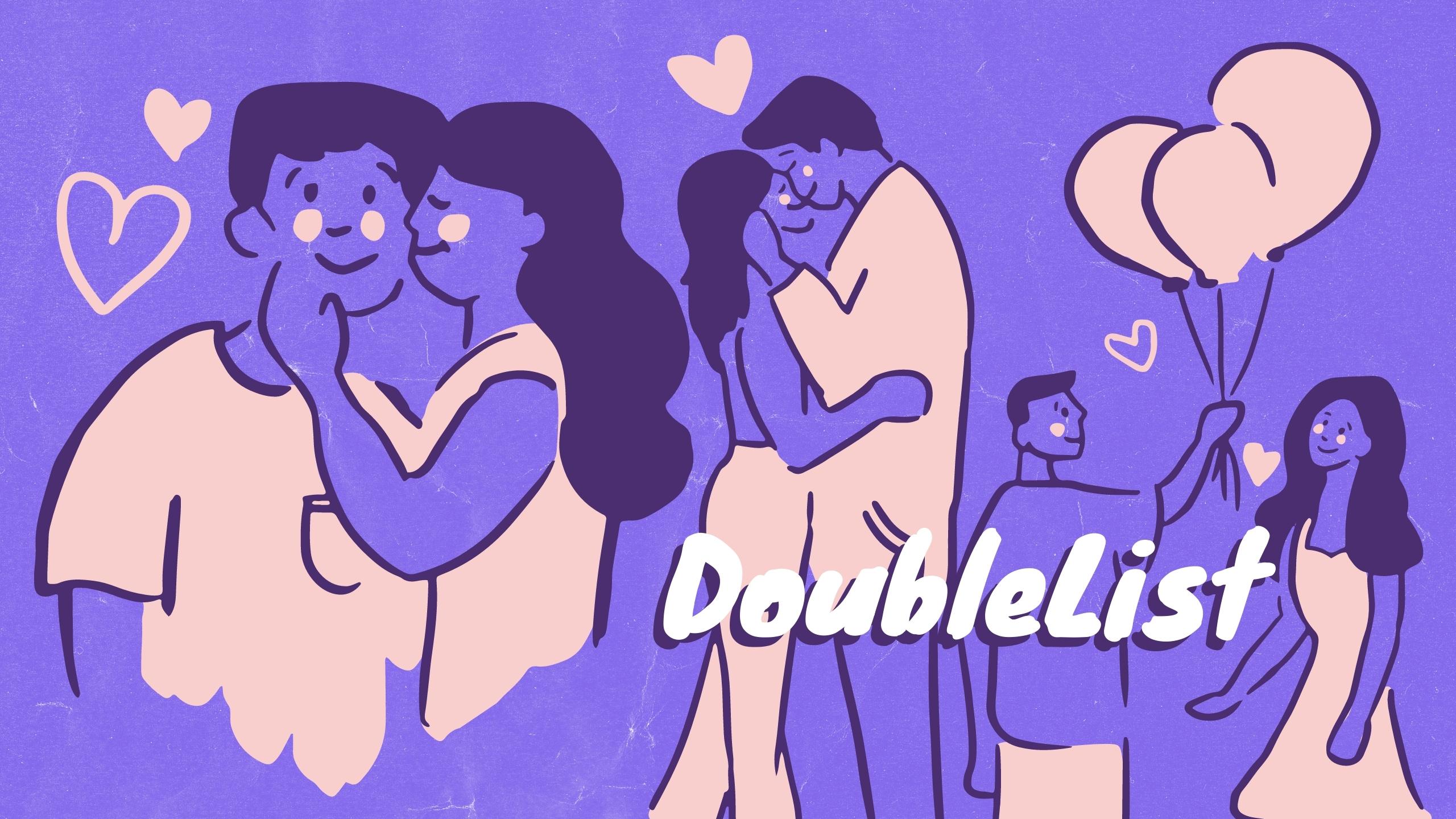Have you ever stumbled across a platform and thought, “Wait a minute, wasn’t this free before?” It’s like visiting your favorite ice cream parlor and discovering they’ve started charging for that little extra sprinkle of toppings. Well, speaking of changes, let’s dive into the topic at hand – the evolution of Doublelist and its transition to a paid platform.
A Blast from the Past
So, what’s the story behind Doublelist? For those not in the loop, Doublelist rose to prominence as an online classifieds space, particularly post the Craigslist personal section shutdown. But as with most things in life, the free stuff doesn’t always last forever. Think of it as enjoying the free trials on a streaming service; eventually, you have to cough up some cash if you want the full experience.
The Turning Point
Now, addressing the elephant in the room – when did Doublelist actually start charging? As with many platforms, the shift towards monetization is often a response to rising operational costs or improving user experience. After its initial phase of booming popularity, it became evident that Doublelist would need to implement revenue-generating strategies to stay afloat and continue offering its services.
While the exact date of the change is a bit fuzzy, users started noticing the introduction of premium features and paid services sometime after the platform had firmly established its user base. It’s like when your favorite local band gets big and suddenly, concert tickets aren’t as cheap as they once were. Growing pains, right?
Why The Charge?
It’s easy to jump to conclusions and assume greed, but that’s often oversimplified. Maintaining a platform, especially one as active as Doublelist, requires funds. We’re talking about server costs, customer support, moderation, and ongoing developments. Imagine trying to host a mega-party every day without ever asking for a cover charge. Impossible, right?
Furthermore, a nominal fee can sometimes enhance the overall quality of the user pool. It sifts out the non-serious users and, in some cases, reduces spam. Kinda like how a velvet rope at an exclusive club keeps the party more… refined.
In Conclusion
Change, especially when it concerns our wallets, can be jarring. But sometimes, it’s necessary for the betterment and continued success of a platform. While Doublelist’s decision to start charging might have ruffled some feathers, it’s essential to look at the bigger picture. Much like a caterpillar morphing into a butterfly, it’s all about growth and evolution.
FAQs
- Why did Doublelist start charging users?
- To cover operational costs, improve user experience, and ensure the platform’s sustainability.
- When exactly did this charging begin?
- The exact date is a bit ambiguous, but it was after Doublelist had gained a considerable user base.
- Is the entire platform paid now, or are there still free features?
- While premium features exist, the platform still offers various free functionalities for users.
- How does charging improve user experience?
- Charging can reduce spam, ensure better service uptime, and facilitate constant improvements on the platform.
- Are there alternatives to Doublelist that are completely free?
- While there might be other classified platforms out there, each has its own monetization strategies. It’s always good to do your research and find the best fit for your needs!
